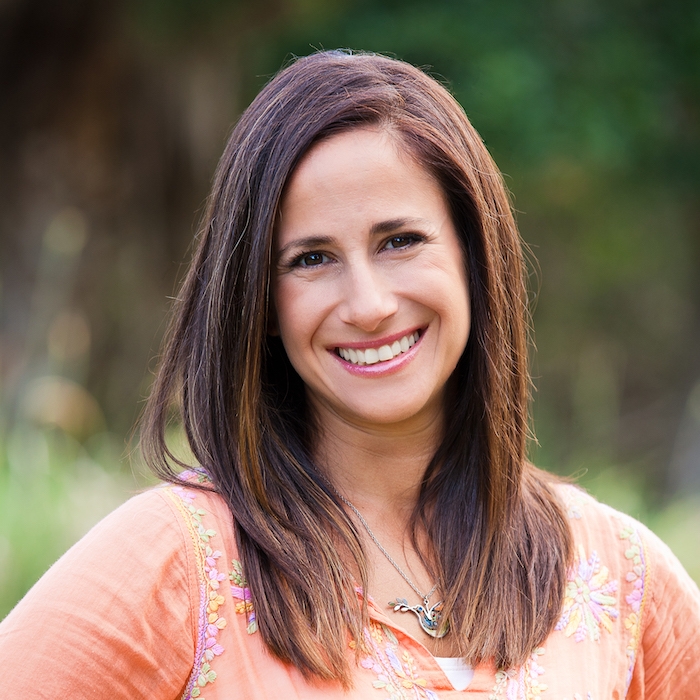Question: I’m going to my my first ever shiva house. Is there something in particular I should bring?
When a Jewish person dies, it is customary to sit shiva, a period of intense mourning during which the immediate family of the deceased typically remains at home and is supported by their community. During this time, many people will pay visits to sit with and comfort the mourners. While we don’t generally bring gifts when we do — and in particular flowers, as this is not a customary practice for Jewish mourning — there are things you can bring to show your support and concern.
Generally, the focus of a shiva is on honoring the deceased and supporting the mourners, so anything that contributes to that is appreciated. Chief among these is food, especially easy-to-serve items. Families in mourning are not typically in the mood to cook or entertain, and in many communities the practice is to provide food for them. Knowing the family’s dietary restrictions is helpful as not to bombard them with food they will have to pass along or dispose of.
Many people also make donations to charity in memory of the deceased, and it can be meaningful to bring an acknowledgment of such donations with you to shiva. A simple greeting card with a message of sympathy can also be a thoughtful gesture. But above all, the most important thing to bring is yourself and your compassionate presence. In some houses of mourning, it is traditional practice to enter in silence and not initiate conversation with the mourner. This is one of the few and precious times in Jewish tradition that silence speaks louder than words. Though there is a traditional phrase that is offered to mourners: Hamakom yinachem etchem b’toch she-ar avelei tzion v’Yerushalayim (May God comfort you amongst all the mourners of Zion and Jerusalem).

Help us keep Jewish knowledge accessible to millions of people around the world.
Your donation to My Jewish Learning fuels endless journeys of Jewish discovery. With your help, My Jewish Learning can continue to provide nonstop opportunities for learning, connection and growth.
When and if it seems appropriate to speak, I have found in my many years of leading and attending shiva gatherings that offering personal stories about the deceased can be even more powerful than a plate of cookies. A thoughtful, brief story about your personal connection to the deceased, or a meaningful description of how they impacted you, lets the mourners know that the legacy of their loved one lives on beyond their circle of family.
Rabbi Danielle Upbin is the associate rabbi and prayer leader at Congregation Beth Shalom in Clearwater, Florida.




